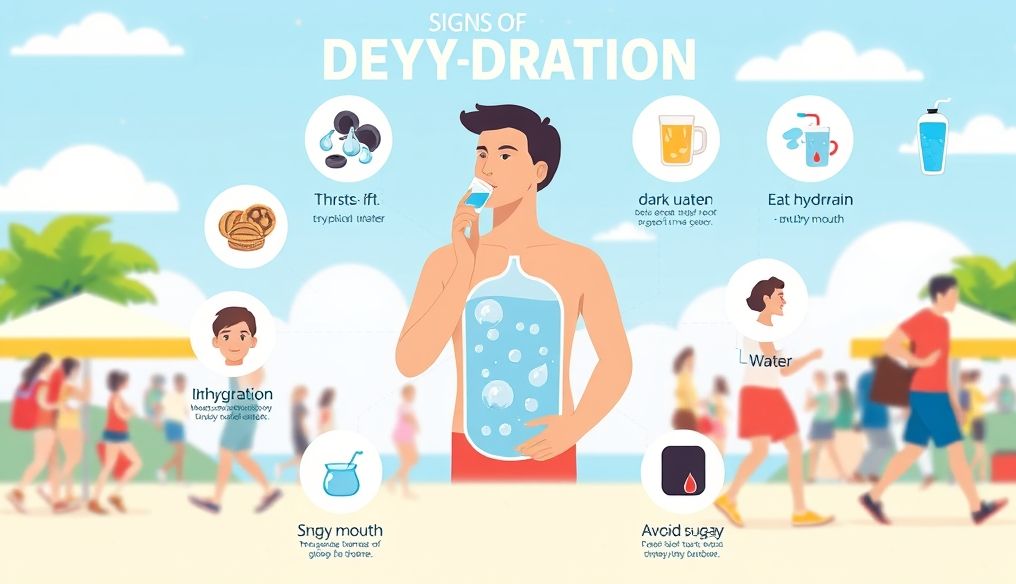Are Vegetarian Diets Healthy in the Long Run: Benefits, Risks, and Recommendations?
In recent years, we have witnessed a significant rise in the popularity of vegetarian diets, driven by a variety of factors, ranging from health and ethical concerns to a growing interest in the environment. However, the question remains: are vegetarian diets truly healthy in the long run? And can they be relied upon to meet all of the body's nutritional needs?
This article aims to explore this topic in depth, by analyzing the potential benefits and potential risks associated with vegetarian diets, and providing practical recommendations to ensure a balanced and nutritious vegetarian diet in the long term.
What are Vegetarian Diets?
Before delving into the details, it is important to define what we mean by vegetarian diets. In general, the term "vegetarian" refers to a diet that excludes meat, including poultry, fish, and seafood. However, there are many different types of vegetarian diets:
- Vegan: Excludes all animal products, including meat, dairy, eggs, and honey.
- Red Meat Vegetarian: Excludes red meat only, but may consume poultry and fish.
- Pescatarian: Excludes meat and poultry, but consumes fish and seafood.
- Lacto-ovo Vegetarian: Consumes dairy and eggs, but excludes meat and fish.
- Lacto Vegetarian: Consumes dairy, but excludes meat, fish, and eggs.
Potential Health Benefits of Vegetarian Diets
Numerous studies suggest that vegetarian diets, when properly planned, can offer a variety of health benefits:
1. Reduced Risk of Heart Disease
Vegetarian diets are often low in saturated fat and cholesterol, both of which are major contributors to heart disease. In addition, vegetarian diets are high in fiber and antioxidants, which can help lower blood pressure and improve cholesterol levels.
Example: A study published in the Journal of the American Heart Association found that vegetarians had a 29% lower risk of heart disease compared to meat-eaters.
2. Reduced Risk of Type 2 Diabetes
Vegetarian diets help regulate blood sugar levels, thanks to their high fiber content and low saturated fat content. They also improve the body's sensitivity to insulin, reducing the risk of type 2 diabetes.
Example: Research has shown that vegetarian diets can be as effective as medication in controlling type 2 diabetes.
3. Weight Management
Vegetarian diets are typically lower in calories and higher in fiber, which helps you feel full for longer and reduces overall calorie intake. This can lead to weight loss or maintaining a healthy weight.
Example: A study found that vegetarians tend to have a lower body mass index (BMI) than meat-eaters.
4. Reduced Risk of Certain Cancers
Vegetarian diets are high in antioxidants and phytochemicals, which can help protect cells from damage and reduce the risk of certain cancers, such as colon, breast, and prostate cancer.
Example: Research suggests that eating large amounts of fruits and vegetables is associated with a reduced risk of cancer.
5. Improved Digestive Health
Vegetarian diets promote digestive health thanks to their high fiber content, which helps regulate bowel movements and prevent constipation. They also support the growth of beneficial bacteria in the gut.
Example: Fiber can help reduce the risk of diverticulitis and hemorrhoids.
Potential Risks of Vegetarian Diets
Despite the many health benefits, vegetarian diets may pose some risks if not properly planned. Some potential risks include:
1. Nutrient Deficiencies
It can be difficult to get enough of some essential nutrients, such as vitamin B12, iron, zinc, calcium, and omega-3 fatty acids, from a vegetarian diet alone. These nutrients are essential for various bodily functions, and deficiencies can lead to serious health problems.
Solutions: Eat foods fortified with vitamin B12, and take supplements if necessary. Consume iron-rich foods with vitamin C to enhance absorption. Eat nuts, seeds, and canola oil for omega-3 fatty acids.
2. Difficulty Meeting Protein Needs
Protein is essential for building and repairing tissues, and producing enzymes and hormones. It can be difficult to meet daily protein needs from a vegetarian diet, especially for athletes, the elderly, and children.
Solutions: Eat a variety of plant-based protein sources, such as legumes, tofu, nuts, seeds, and quinoa.
3. Potential Health Problems Due to Overconsumption of Processed Foods
Some vegetarians may rely on processed vegetarian foods, such as vegetarian meats and ready-made meals, which are often high in sodium, saturated fat, and sugar. Overconsumption of these foods can lead to health problems such as high blood pressure and weight gain.
Solutions: Focus on eating whole, unprocessed vegetarian foods, such as fruits, vegetables, whole grains, legumes, nuts, and seeds.
4. Potential Health Problems Due to Nutritional Imbalance
Nutritional imbalance in a vegetarian diet can lead to health problems such as lack of energy, fatigue, and exhaustion. It is important to ensure that you get all the essential nutrients in sufficient quantities.
Solutions: Careful meal planning and focus on eating a variety of healthy vegetarian foods.
Tips for Following a Healthy Vegetarian Diet in the Long Run
To ensure you get all the potential health benefits of vegetarian diets and avoid the potential risks, here are some important tips:
- Careful Meal Planning: Make sure your meals contain a variety of healthy vegetarian foods, including fruits, vegetables, whole grains, legumes, nuts, and seeds.
- Eat Foods Fortified with Vitamin B12: Look for foods fortified with vitamin B12, such as soy milk and breakfast cereals.
- Take Supplements if Necessary: Consult your doctor or a nutritionist to determine if you need to take supplements, such as vitamin B12, iron, calcium, and omega-3 fatty acids.
- Eat Iron-Rich Foods with Vitamin C: Vitamin C helps enhance the absorption of iron from plant-based foods.
- Focus on Eating Whole, Unprocessed Vegetarian Foods: Avoid processed vegetarian foods, such as vegetarian meats and ready-made meals.
- Drink Enough Water: Water helps regulate various bodily functions.
- Exercise Regularly: Exercise helps maintain the health of body and mind.
- Consult a Nutritionist: A nutritionist can help you plan a balanced and nutritious vegetarian diet that meets your individual needs.
Conclusion
Vegetarian diets can be healthy and nutritious in the long run, but it is important to plan them carefully and ensure you get all the essential nutrients in sufficient quantities. By following the tips above, you can enjoy the many health benefits of vegetarian diets and avoid the potential risks.
Disclaimer: This article is for informational purposes only and should not be considered a substitute for professional medical advice. Consult your doctor or a nutritionist before making any changes to your diet.




